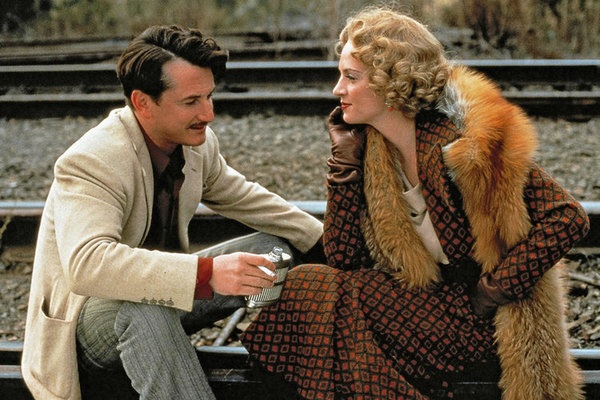
Magnolia Productions
 |
| Photo
© 1999 Sony Pictures Classics/Sweetland Films/ Magnolia Productions |
| Academy Award Nominations: | |
| Best Actor: Sean Penn | |
| Best Supporting Actress: Samantha Morton | |
| Golden Globe Nominations: | |
| Best Actor (Musical/Comedy): Sean Penn | |
| Best Supporting Actress: Samantha Morton | |
| Permalink | Home | 1999 | ABC | Blog |